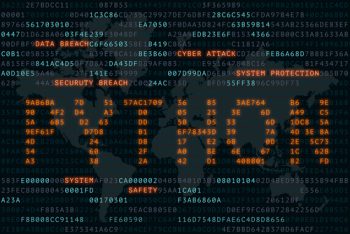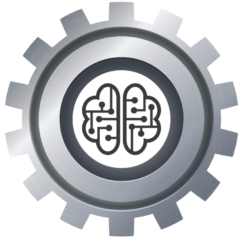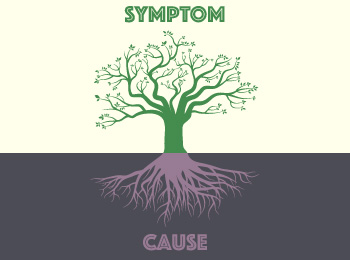Python Programming Language
Python is a powerful and versatile programming language that is widely used in a variety of fields, including data science, web development, and artificial intelligence. Learning Python can be a valuable skill for anyone looking to enter or advance in a career in technology. In this paper, we will explore the best ways to learn Python programming language.

First, it is important to understand the basics of programming concepts such as variables, data types, loops, and functions. These concepts are fundamental to all programming languages, and understanding them will make learning Python much easier. Online resources such as my Python course can offer great interactive tutorials and exercises to help you learn these concepts.
Variables are used to store data in a program. In Python, variables are declared by assigning a value to a name. For example, x = 5 declares a variable x and assigns it the value of 5. Variables can be used to store any data type, including numbers, strings, and lists. It’s important to note that variable names in Python must begin with a letter or an underscore, and can only contain letters, numbers, and underscores.
Python has several built-in data types including integers, floating-point numbers, strings, and lists. Integers are whole numbers, floating-point numbers are numbers with decimal points, strings are sequences of characters, and lists are collections of items. It’s important to understand the different data types and when to use them in your program.
Loops are used to repeat a set of instructions multiple times. Python has two types of loops: for loops and while loops. For loops are used to iterate over a sequence of items, while loops are used to repeat a block of code as long as a certain condition is true. It’s important to use the appropriate loop for the task at hand and to be mindful of infinite loops, which can cause a program to crash.
Functions are blocks of code that are used to perform a specific task. Functions are reusable and can be called multiple times in a program. Python has several built-in functions, such as print() and len(), and also allows for user-defined functions. Functions can take parameters and return values. It’s important to use functions to organize and structure your code for better readability and maintainability.
Next, it is important to practice writing Python code. The best way to learn a new programming language is to write code in it. There are many online resources, such as HackerRank and CodeWars, that offer coding challenges and exercises to help you practice writing Python code. Additionally, working on personal projects and contributing to open-source projects can also provide valuable experience.
Another important aspect of learning Python is understanding its libraries and frameworks. Python has a large number of libraries and frameworks that can be used to perform tasks such as data analysis, web development, and machine learning. Some popular libraries and frameworks include NumPy, Pandas, and Django for data analysis and web development respectively. It’s recommended to start with the most popular and widely used libraries and frameworks, and then move on to more specialized ones.
Finally, it is important to stay up to date with the latest developments in the Python community. The Python community is constantly growing and evolving, and new libraries and frameworks are constantly being developed. Following Python-related blogs and social media accounts, and attending Python-related conferences and meetups, can help you stay up to date with the latest developments in the Python community.
In conclusion, learning Python is a valuable skill that can open up many career opportunities. The best way to learn Python is to start with the basics, practice writing code, and understand its libraries and frameworks. Additionally, staying up to date with the latest developments in the Python community is also important. With dedication and practice, anyone can learn Python and become proficient in it.
You can check out my YouTube channel, where I have, and continue to create more Python tutorials.
You can find my Podcast on all the platforms above! Be sure to subscribe to Info By Matt Cole Podcast on your favorite platform!





